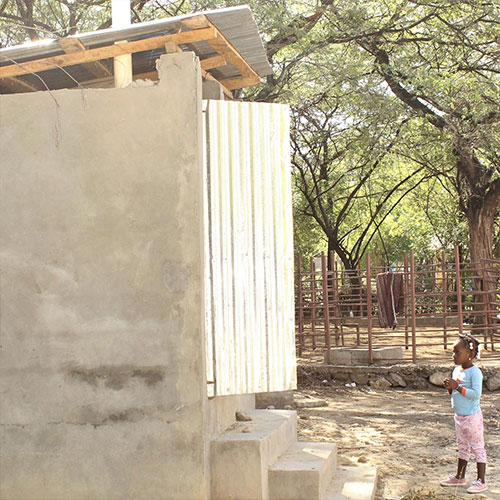Clean Water/Sanitation
Haiti’s health-related issues are often connected to poor water quality and sanitation. Currently, less than 50% of Haitians living in rural communities have access to clean water, while approximately only about 25% percent have access to proper disposable waste systems. As a result, waterborne illness such as cholera, various parasites, and bacterial and fungal infections (especially dermatitis and UTIs) are rampant in the community. In fact, more than 60% of the patients we treat present with diseases that are preventable with access to clean water and basic sanitation.
Problem
Haiti’s 20 communities face several challenges when it comes to clean water supply and proper sanitation. The primary issues are the lack of financial resources from the Haitian government to fund essential clean water initiatives and disease prevention programs. As a result, many communities are on their own and must find external financial assistance to create infrastructure, so they can get access to clean water and develop proper hygiene campaigns to educate residents about the connection between personal hygiene and disease prevention.



